I recently traveled to Thailand for my third and final Earth Expedition, as part of my master’s coursework for Miami University’s Project Dragonfly. The course explored the ways in which religion and science can not only coexist but frequently benefit each other, and looked for ways to apply Eastern concepts to Western practices.
Last year’s trip to India focused on the spiritual effects of nature and how many Eastern religions firmly view humans as a part of nature instead of above it. This course emphasized similar principles, but through the lens of Buddhism instead of Hinduism. As a predominantly Buddhist country, how do modern Thai people apply these centuries-old principles to their daily lives? How might these lessons translate to our own professional and personal lives? Instead of just reading about these ideas, we spoke and practiced with those who live by them.
Self-reflection was the subtext of everything we did. How do my actions affect the world around me? How can I do better? How can I broaden my reach of positive impact, both ecologically and spiritually? Keeping in mind that “Environment” encompasses much more than trees or grass, how can I help to cultivate sustainable relationships within and between communities?
While I definitely do not have answers to all of these questions, I will carry the questions with me to continue to investigate. Here are a few examples of what those 10 days looked like:
Many Buddhist origin stories revolve around nature, and these sacred species are revered to this day. Many “keystone species” in these myths hold an especially important niche in their ecosystem. This is not an accident. Their religious importance often reflects their ecological role, and are therefore protected by moral necessity as well as supported by science.
For example, hornbills are a fascinating yet threatened family of birds, ranging from Africa throughout Southeast Asia. There are over 50 species of hornbills, many of which have been reduced to the point of near extinction. Hornbills hold strong cultural and ecological significance as important seed dispersers, benefiting the biodiversity of their ecosystem and acting as figurehead species within much of their range. Despite this, poaching and deforestation are major threats to the future of hornbills. Their bills (called “casques”) are sold on the black market as a version of ivory, and their feathers are used in various cultural ceremonies.
We met scientists that are working to conserve hornbill populations by studying their nesting habits and ensuring that adequate tree cavities are consistently available for them to nest in. They also work to provide education and paying jobs in data collection for local poachers, turning perpetrators into protectors. With wild hornbills perched over our head as we ate breakfast, we became much more invested in the future of these birds. If you need more proof and how cool these animals are, check out how mother hornbills imprision themselves in a sealed up tree cavity while nurturing their nestlings.
As in my previous expeditions, we were encouraged to develop questions and actively gather data to find our own answers, or even better… uncover further questions. Though “Inquiry-based learning” can sometimes feared as a dreaded buzzword in education, these opportunities allowed our learning to feel authentic and relevant. The challenge is to incorporate this feeling into our own practice as educators, as well as susustain a spirit of questioning in our own lives.
During our stay at this monastery in the forest, we learned about Buddhist relationships with nature, practiced truly paying attention, and studied mindfulness and mediation as methods to connect deeply with our surroundings. We also spoke a lot about impermanence. Pleasure and pain, and even life and death are temporary states of being which we should acknowledge but not surrender to. I think that many of us can relate to the feeling of getting swept away by the modern demands of daily life, sometimes struggling to keep our head above water. The mindfulness we practiced encouraged us to pay attention to each moment, focusing on our effort as opposed to obsessing over the results.
We also gained appreciation for the many things we take for granted. Sleeping on a wooden floor, bathing with cold water from a bucket, and participating in morning alms rounds to collect the day’s food from local villagers underscored the many ways which we should feel extremely lucky. We practiced using only what we need, which is ultimately not a whole lot.
Prior to this trip, I perceived mediation as something that was done in a specific place in a very specific way. I eventually realized that mindfulness can permeate any of one’s daily activities and help build appreciation for those moments. Walking, washing dishes, or eating breakfast are all opportunities to be grateful. As a busy mother, I should seize these moments whenever humanly possible.
Our master Abbot, Phra Paisal Visalo, is a prolific teacher and writer. He believes that many of life’s essential questions can be clarified by looking to nature, and finds inspiration in the animals, plants, and environment around him. By reflecting on these relationships, he can apply their teachings to his own life. Besides boosting moral or philosophical health, research has also indicated that immersion in natural spaces can lower blood pressure, decrease stress levels, and benefit immunity. For these reasons, the forest monastery is not only immersed in its environment, by the very forest itself also serves as a sacred space.
Phra Paisal led us into the wilderness, picked out a spot for each of us to stay for three hours, and there we sat, alone. We were not allowed to “do” anything but observe. With only incense, a mat to sit on, and a boxed lunch, we “bathed” in the forest. This time actually flew by for me, and I felt so comfortable that I actually took a nap. However not everyone had that same experience. Many people struggled with where their mind went during that time, but all appreciated the personal insight which the experience provided.
The opportunity to plant rice at a local farm helped me feel connected to my food in a way that I don’t often prioritize. If we are what we eat, then understanding where our food comes from and conserving the environment in which it grows should be an important part of our education. In the rice paddies, my bare feet squelched as I stuck each seedling into the muck, marveling that such an important food source can flourish in these conditions. This also served as somewhat of a metaphor for our own thoughts. The mindful planting allowed us to focus on the task instead of the millions of other worries which usually plague our brains. By clearing those troublesome thoughts, we were creating space for positive ones to sprout.
Conclusion
I will acknowledge that writing this post made me nervous. Putting out personal ideas and experiences for the world to critique is much more difficult than writing about which hotel I stayed in or what food I ate. I will also acknowledge that my own pendulum frequently swings in the direction of extravagance, and I do not claim to be anywhere near an authority on these matters of mindfulness or religion. However, I can truthfully say that spending 3 hours in the woods completely isolated and alone made more of an impact on my well being than any five star hotels did.
So while many of the points I wrote about in this post were introspective, this trip emphasized the importance of community in shaping an environment. Each of us can make small changes that may not seem like much, but those changes can have a butterfly effect on those around us. For this reason, I will strive to focus on my own effort, continue to look for balance, and hope that it makes the world around me a better place.

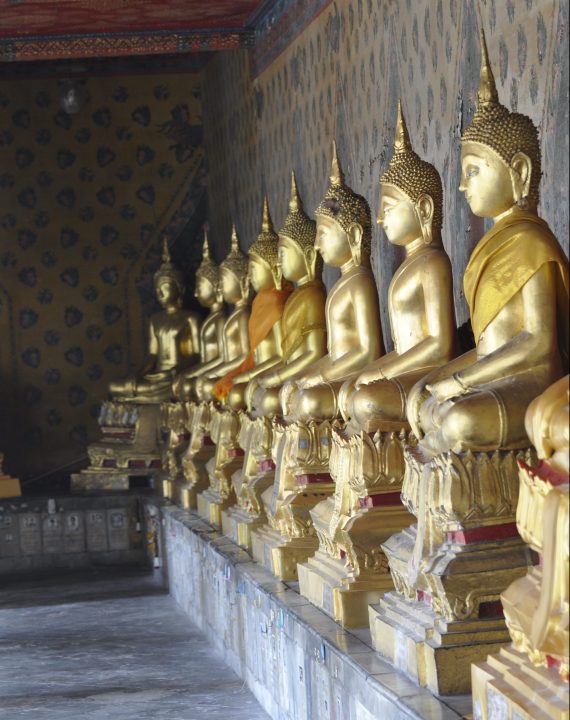
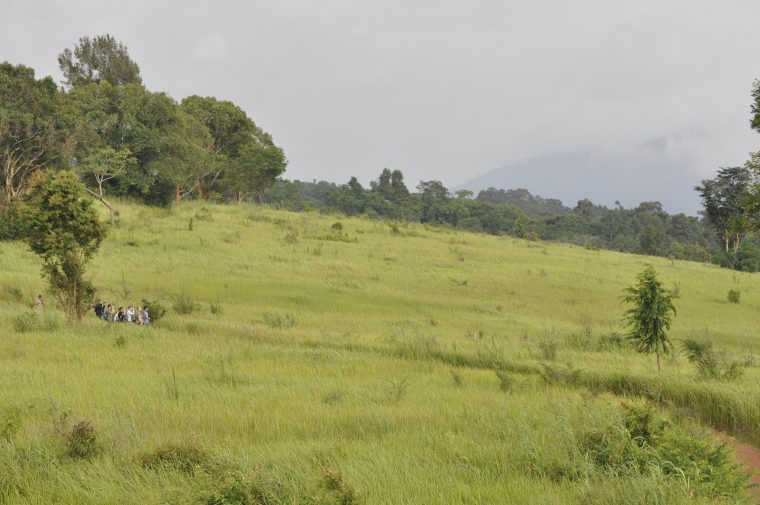
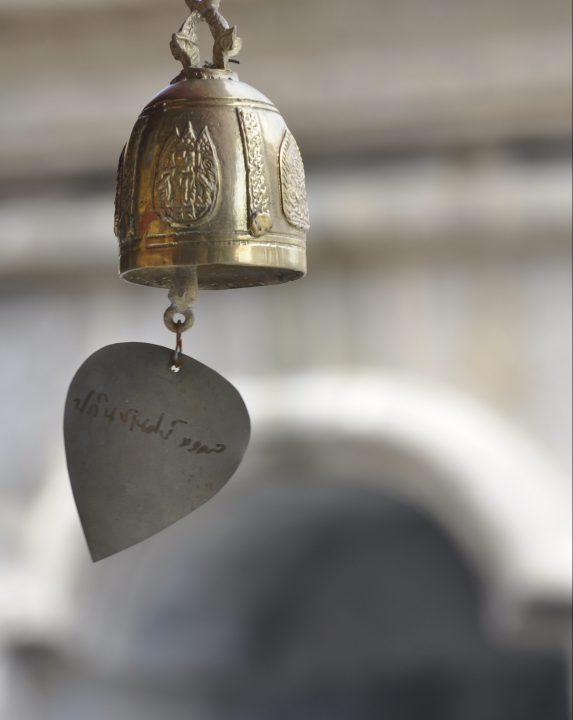
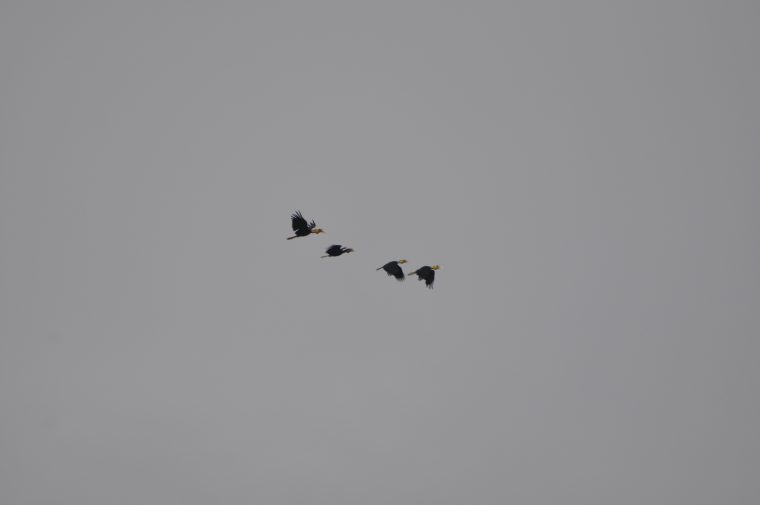
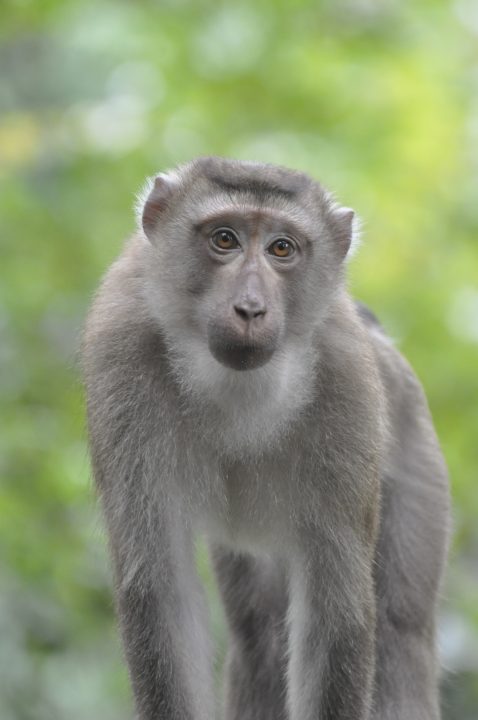
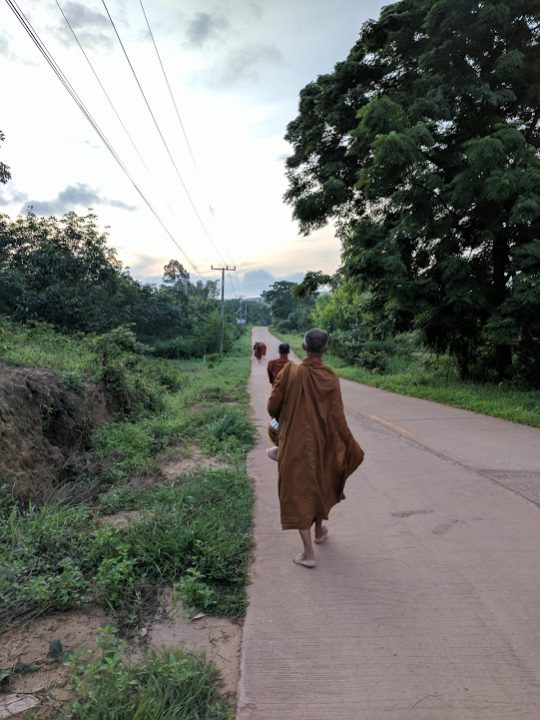
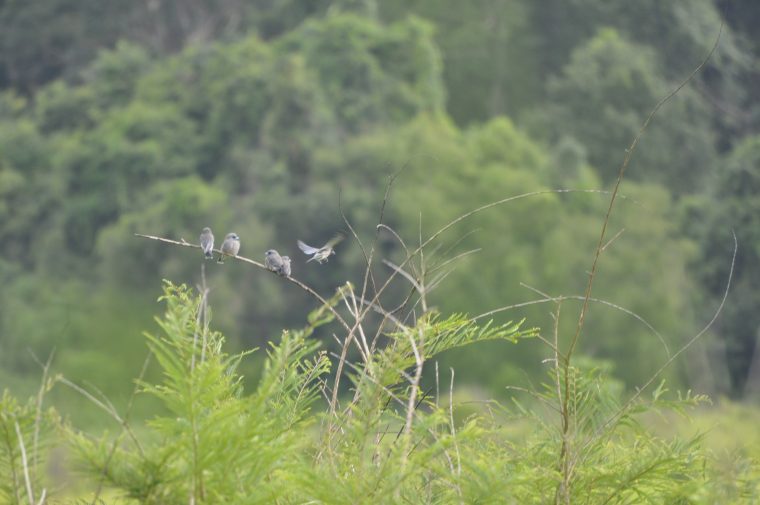
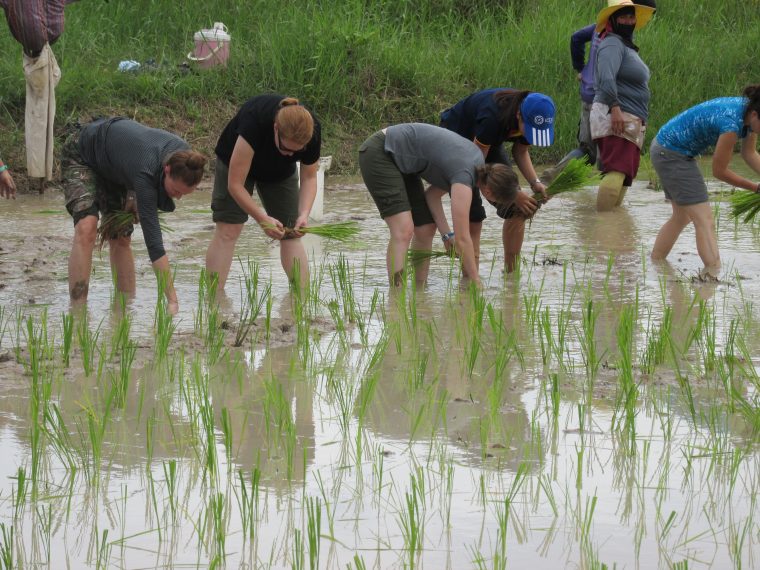
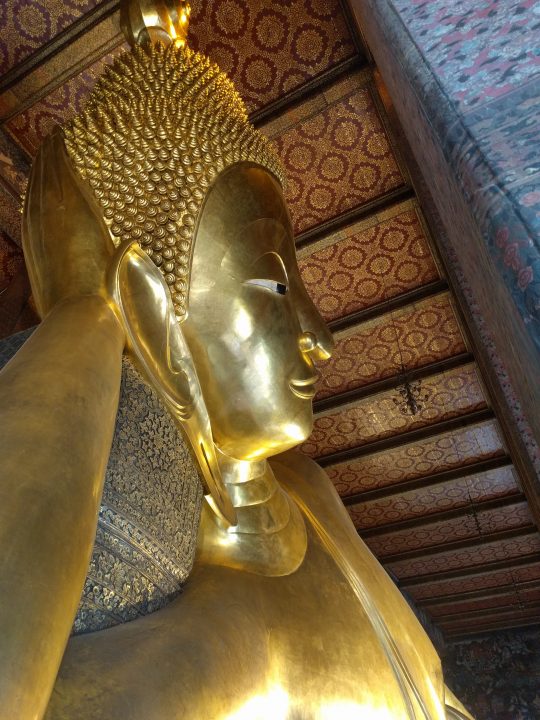
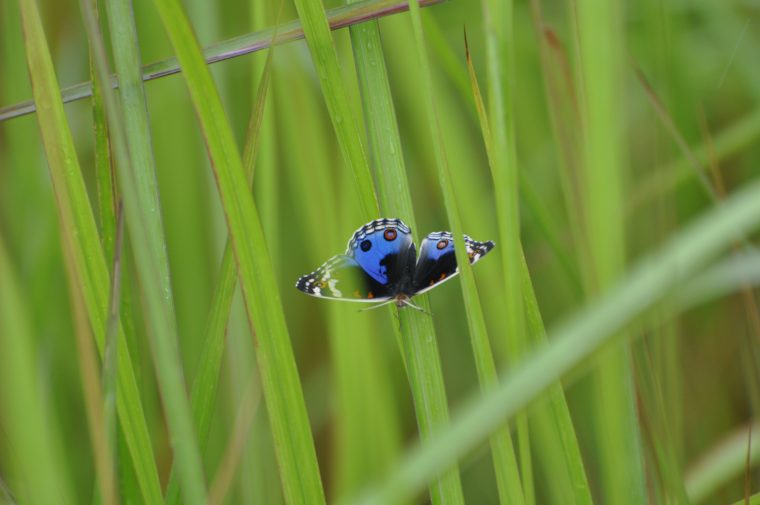
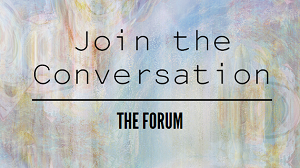

Thank you, Allison, for this beautifully written and insightful post. In my tradition – Judaism – we say “Kol ha-kavod” when we want to show honor and respect to another person for something s/he has done or said. In your case, you’ve done both, by participating in the expedition and then sharing it here. Kol ha-kavod!
Hi Elaine-
Thanks as always for your kind words. I believe that there is a lot to learn from all perspectives, and these trips have really provided opportunities which would have been hard to participate in independently. We are all so lucky to be able to travel and learn from the world around us- Especially at this moment in history, we all need a little perspective and positivity!!
[I hit the ‘submit’ button but my comment seems to have disappeared into an internet black hole, so I will try to reconstruct it. Feel free to delete if it ends up double posting.]
Thank you, Allison for this beautifully written post. In my tradition – Judaism – we say “Kol ha-kavod” when we want to honor and respect a person for something they’ve done or said. In your case, you’ve done both, by participating in this expedition and then sharing it here. May others be inspired by your example! Kol ha-kavod!
Won’t delete- I’ll just thank you twice!
My wife has a Religious Studies Master’s degree, and we both love Thailand. One reason that we would never live in Thailand, though, is the hardcore nature of Buddhism in Thailand. Unlike (South) Korea, for instance, there is no tolerance of females at all, which may be agreeable for a Thai, but is extremely difficult to deal with as a Westerner on an ongoing basis.
Hi Christian,
I totally agree, and this is something I struggled with as well. Our abbot talks about how to bridge traditional Theravada Buddhism with modern life, and this includes more equality of women. Both my course facilitators were female, and were never allowed to sit next to the monks. However, I felt that while the symbolic ritual held power, the underlying respect was evident. There are a few female monks emerging in Thailand who address these questions.
Check out these articles about the first female abbess in Thailand, who “hacked” the system.
https://www.pri.org/stories/2016-07-05/thailand-s-top-female-monk-hacked-system-bring-women-fold
http://www.nationmultimedia.com/news/national/30314757
Allison,
Thank you for sharing your experience. I am considering Thailand for my EE and you have certainly inspired me. At my school we incorporate mindfulness practices into our busy days. These introspective moments are so important as you’ve also highlighted.
Thanks for the incredibly thoughtful summary of your experience.
Sincerely,
Suzy Joor
Hi Suzy,
Thanks so much for reading and commenting. If you have any specific questions about the trip, feel free to reach out to my Miami email at hagueaj. It was quite the experience, and has inspired me to incorporate mindfulness programs everywhere I can!
Allison